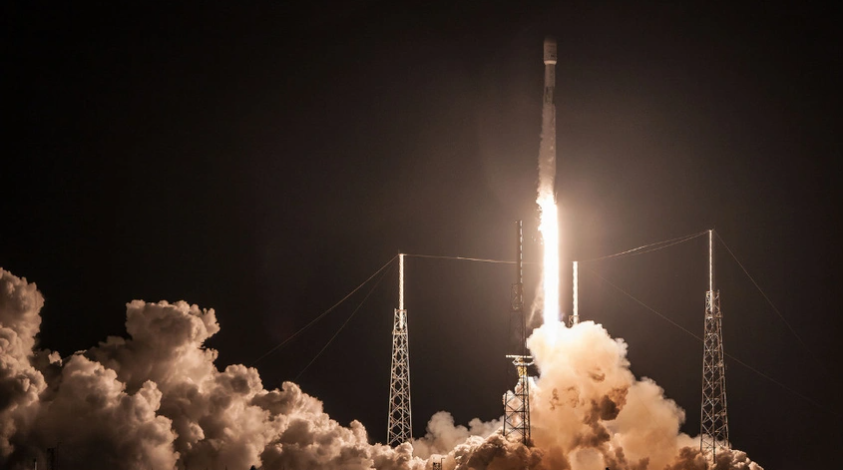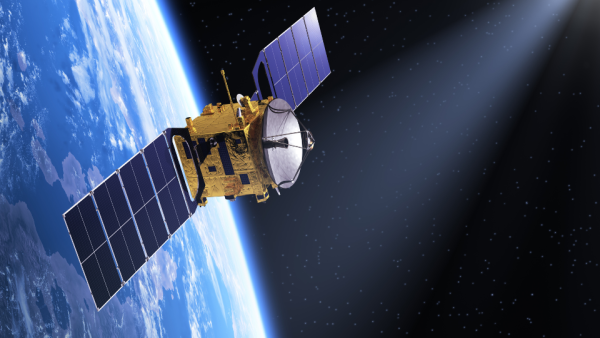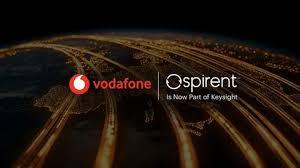Written by Mary Lennighan

The LEO satellite company is not hanging about: its first half dozen Direct to Cell satellites have only been in orbit for a matter of days, having launched on 2 January. Cellular operator partner T-Mobile US marked the launch by revealing that field testing would begin imminently, but nonetheless this text messaging announcement comes sooner that we might perhaps have expected.
"The system works!" SpaceX declared on Wednesday, two days after the messages were sent. As promised, the tests used unmodified mobile phones on the ground, connected directly to the new satellites.
The successful test is an important step on the path to the launch of a commercial Direct to Cell text messaging service later this year. We still don't have a formal launch date, but given the pace at which SpaceX is progressing, we can probably expect an announcement from T-Mobile US sooner rather than later.
The US mobile operator was the first to link up with Space for Direct to Cell in mid-2022, talking up the potential of the service to virtually eliminate coverage black spots, but it is not the only one. The satellite firm has since brokered deals with Rogers in Canada, Optus in Australia, One New Zealand, Japan's KDDI, Salt in Switzerland, and Entel in Chile and Peru.









